Tunisia
Tunisia has reassured tourists of their safety after twin suicide bombings targeting security forces rocked Tunis on Thursday. The blast killed a patrol officer and injured at least 8 people.
Tourism Minister, Rene Trabelsi told the Associated Press that ‘’ this attack against national security agents has nothing to do with tourists’‘.
“This attack has nothing to do with the decline or cancellation of reservations for tourists in Tunisia. It is an attack against national security agents, against a building of the anti-terrorist unit that fights this phenomenon of terrorism and has nothing to do with tourists”, he said.
The north African nation has repeatedly been hit by terrorists, threatening its relative political stability in the region.
Trabelsi told tourists to ‘‘have a good holiday and come to Tunisia. Tunisia is a country that fights these terrorists and has been keeping tourist areas secure since 2015, we will do it tomorrow and today. Unfortunately with this phenomenon of kamikaze, there is no direct solution, but we can fight with information and collaboration, that’s how we fight them.”
Thursday’s blast came as 92 year old president, Beji Caid Essebsi, who had been hospitalized briefly in less than a week, was again rushed to the hospital after a ‘‘serious illness’‘.
The Islamic State group claimed responsibility for the attack through its Aamaq news agency. This group was also responsible for Tunisia’s deadliest extremists attacks, which hit the heart of the tourism sector in 2015.
One at the Bardo Museum in the capital Tunis claimed the lives of 22 people and three months later 38 people in the coastal city of Sousse.
AP




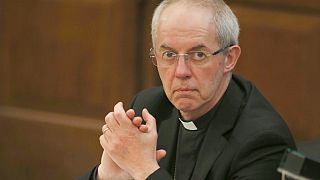
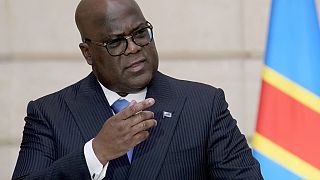
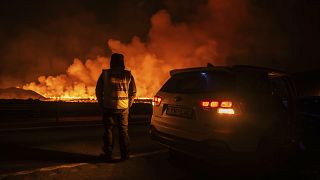
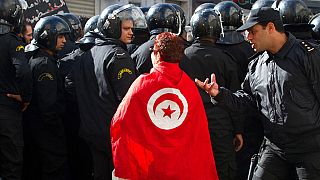
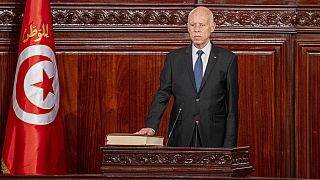


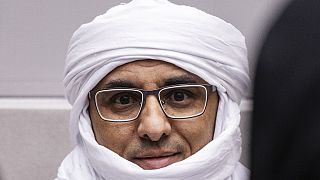
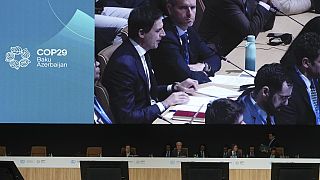
01:00
Tunisia: French student detained for weeks, flies back home
01:19
International flights cancelled due to Indonesia's volcanic ash
01:29
Mbappé once again left out of France squad
01:00
Juliette Binoche launches Paris Christmas window display
01:02
Imane Khelif files legal complaint over reports alleging she has XY chromosomes
00:55
Algerian-French writer Kamel Daoud wins top French literary prize